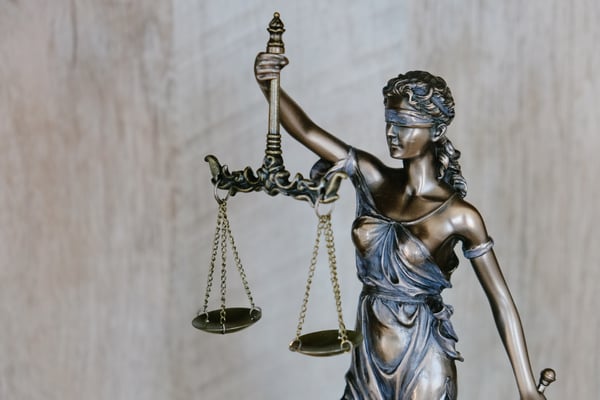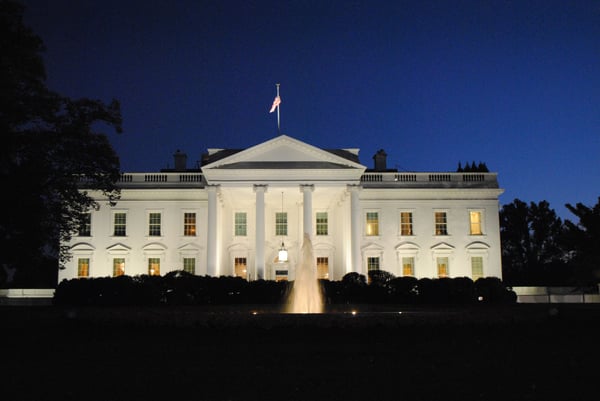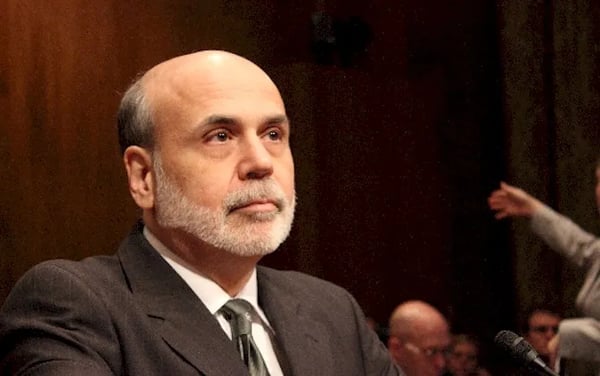Ultimately, Bitcoin's adoption hinges upon institutions, governments, and banks integrating BTC...


Ultimately, Bitcoin's adoption hinges upon institutions, governments, and banks integrating BTC...

The Securities and Exchange Commission (SEC) poses one of the greatest threats to Bitcoin and...

The Biden administration released a report claiming Bitcoin is bad for the environment and ...

The Federal Reserve is no fan of bitcoin or digital assets.
Space Force & Bitcoin: Bitcoin's Impact on National Security
Bitcoin in space!? Sounds pretty cool.
Jason Lowery (you can find him on Twitter by clicking here) is an astronautical engineer in the US Space Force and US National Defense Fellow at MIT researching the national strategic implications of Bitcoin and Proof-of-Work property defense protocols (description lifted directly from his website you can find here).
The Ukrainian and Russian conflict has brought the role of Bitcoin and crypto in national defense to the international debate stage. However, Jason Lowery began studying the implications of this technology for national defense purposes well before this conflict broke out.
Jason Lowery's thesis on Bitcoin's impact on national security:
We will do our best to summarize Lowery's thesis and break down what this means for the United States and the rest of the world. All credit is given to Jason Lowery and much of this article borrows content from his Twitter account, website, and videos.
Point 1: All assets on Earth are defended with human lives. This includes land, oil, property, commodities, and cash. We require a military or police force to ensure the proper ownership or custody of these assets. Without a military, our property is easily stolen from a foreign aggressor.
This places a burden on each country to maintain a powerful military force with tax dollars and human lives.
(Source: Jason Lowery Twitter Account)
Point 2: By transferring wealth into digital assets in cyberspace, we replace the cost of human lives with an electric bill to protect our wealth.
Point 3: Not having to waste human life to defend monetized wealth is worth every watt of electricity.
You can listen to Jason Lowery breakdown these points by watching his interview on the Andrew Pompliano podcast below:
Private citizens, corporations, and even governments storing their wealth in digital assets make stealing that wealth FAR more difficult for foreign aggressors to steal.
Defending wealth stored in digital assets does not require hundreds of billions of dollars to store, maintain, and defend.
Gold is the third-largest asset held by central banks across the globe. Unlike treasury notes or securities (stocks), gold requires a security force to defend and is expensive to store.
It doesn't require a lot of research to realize many wars are fought over custody of a country's assets (land, oil, commodities, technology, all forms of wealth).
Lowery points out that history is often written and won by those who project the most kinetic power.
By embracing digital power instead of kinetic military power, we can save human lives and preserve our wealth from foreign aggressors.
The development of wealth taking the form of digital energy is building a more peaceful world and members of US Armed Forces are researching the implications of this.
Be sure to follow Jason Lowery on Twitter by clicking here and check out his website by clicking here.
The Crypto Christian Team